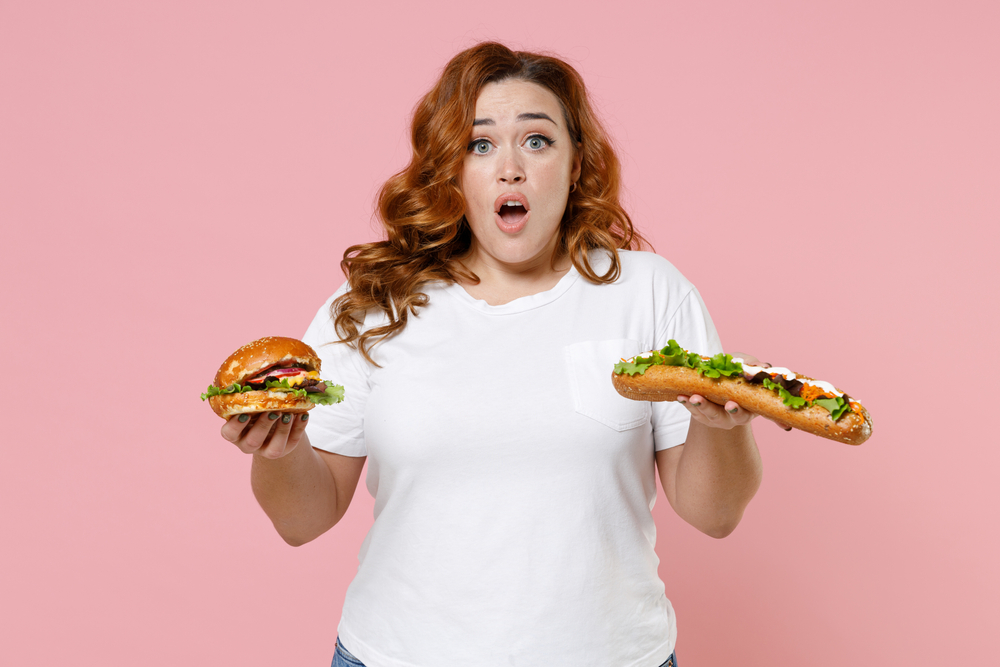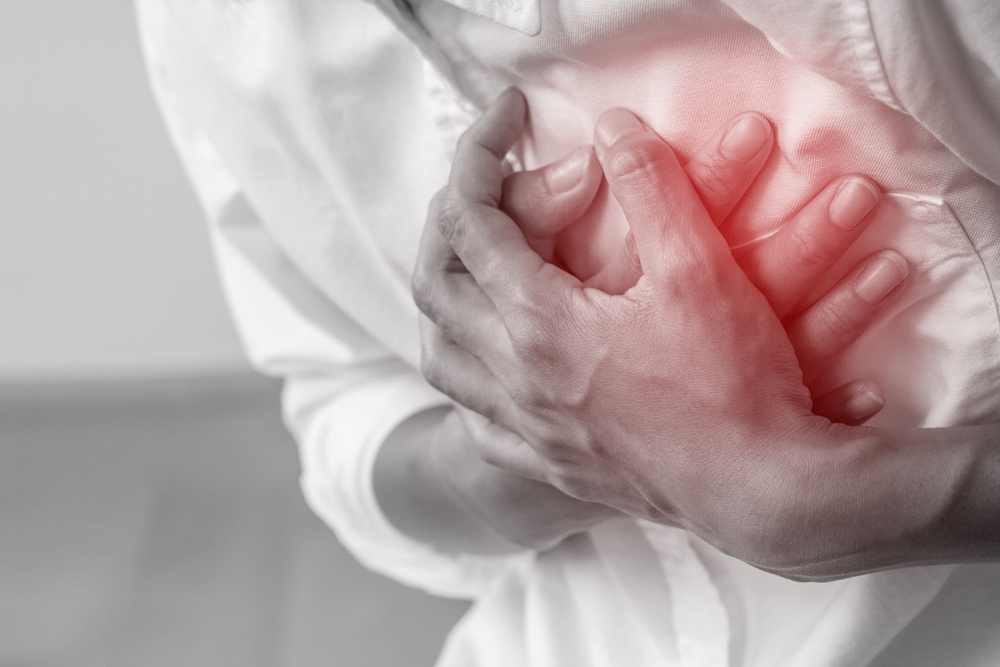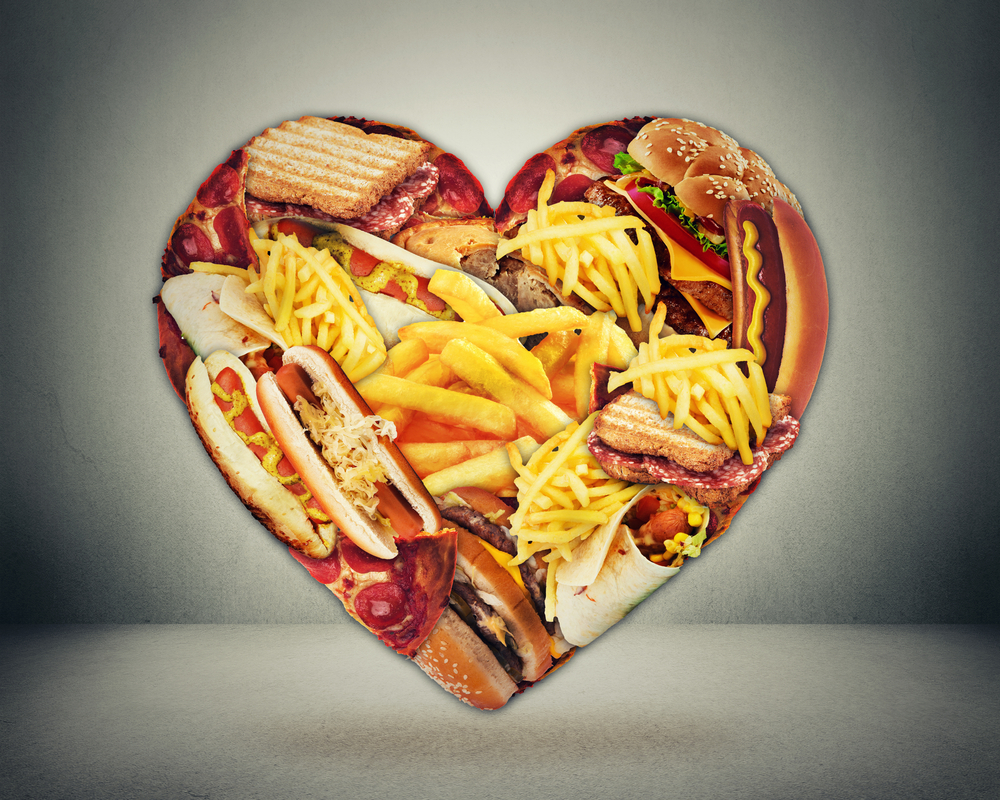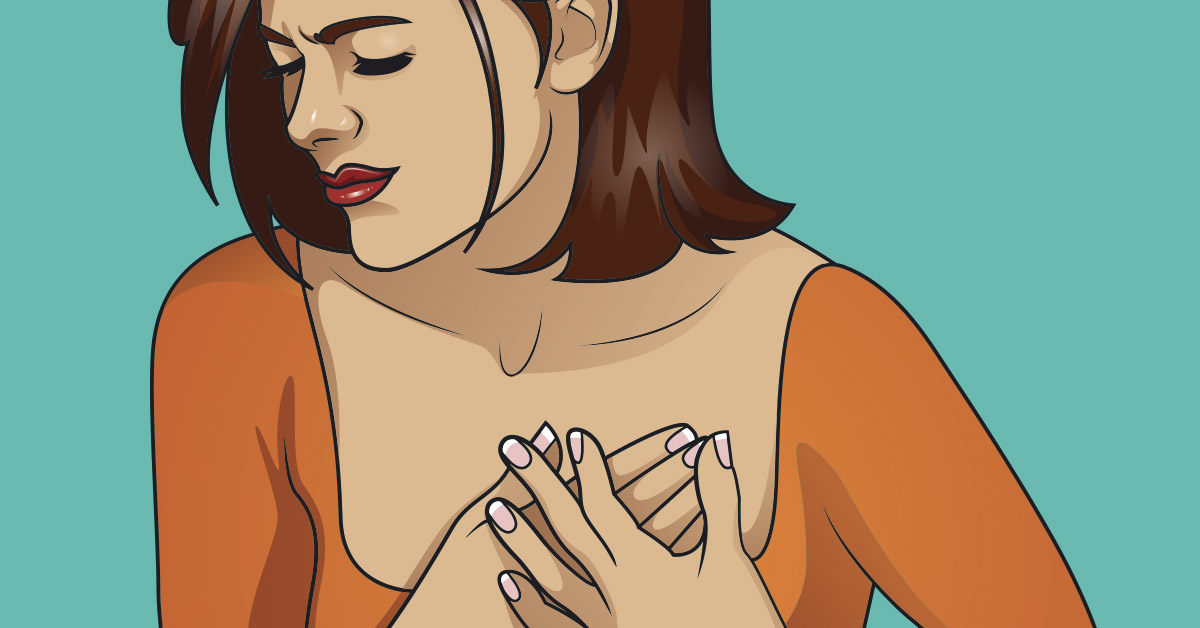Eating heavy meals can trigger heart attacks. An older but relevant study published by the American Heart Association found that people who eat a large meal after their main meal have a higher risk of having a heart attack than those who do not eat a large second meal. The researchers concluded that eating too much, especially right after your first meal, can lead to an increase in blood pressure and cholesterol levels which can cause serious health issues like heart attacks or strokes.
A recent study claims that eating heavy meals leads to heart attacks.

A published study claims that eating heavy meals leads to heart attacks. While the study is nearly 23 years old, it acts as a solid reminder that diet doesn’t just affect us chronically but acutely as well. The research was published in the Journal of the American Heart Association. The study found that eating a heavy meal can trigger a heart attack, even if you don’t have high cholesterol or diabetes. The researchers interviewed 1,986 male and female patients about the meals they had eaten just before their heart attacks. Of these, 158 had consumed a self-described “heavy” meal within 26 hours beforehand. Twenty-five had eaten a big meal during the two-hour “hazard period” preceding the attacks. (1)
“Fatty meals are particularly taxing on the heart. In addition to contributing to higher cholesterol levels, unusually heavy meals may increase your risk of heart attack, possibly due to changes in blood flow and increases in heart rate and blood pressure after eating,” said Doctor Allison Zielinski of Northwestern Medical Group. “If you have heart disease, limit foods that are high in fat and carbohydrates, particularly at a big meal, a celebration with lots of food, or when dining out at your favorite restaurant.” (2)
Read More: Artificial Sweeteners May Raise Risk of Heart Disease and Stroke, New Study Finds.
Changes in diet can prevent heart attacks

Eating a healthy diet can help prevent heart attacks, and there are many ways to do this. Reducing the amount of saturated fat in your diet is one of the best ways to reduce your risk of having a heart attack. Saturated fats are found in red meat and dairy products such as cheese and butter. If you’re trying to cut down on saturated fats, consider reducing the amount of these foods that you eat every day (3):
- Reduce red meat consumption by half (or more). Red meat contains large amounts of cholesterol-raising saturated fats that increase your risk of developing high blood pressure or type 2 diabetes mellitus (T2DM). You should limit yourself to lean cuts only once per week at most; if possible, avoid eating any type.
- Don’t use butter or margarine when cooking; instead try olive oil or vegetable oil – they’re healthier choices with fewer calories.
Eating heavy meals causes clots which damage arteries and cause heart attacks.

Eating heavy meals causes clots that damage arteries and cause heart attacks. Clots are caused by fat, salt, and sugar in your blood. These unhealthy elements can be prevented by eating healthy meals that are low in fat, salt, and sugar.
Read More: This Nighttime Symptom Could Be A Telling Sign of Heart Disease
People with high-fat content in their diet were more likely to develop heart disease.

People with high-fat content in their diet were more likely to develop heart disease. Consuming excessive calories in the form of fat, particularly saturated fat, increases the risk of heart disease because it can lead to obesity and other serious health issues. Fat also contains more calories than other nutrients, which means it may make you gain weight if you eat too much of it.
In addition to causing weight gain, consuming large amounts of saturated fats (the kind found in meat) has been linked to an increased chance of developing type 2 diabetes mellitus (T2DM).
Drilling down further, researchers found that eating high-fat and high-salt foods raises the risk of heart attack, while eating high-sugar foods increases blood sugar levels which can increase the risk of Type 2 diabetes and obesity.
If you’re not eating enough vegetables, fruit, and whole grains, it’s time to change your habits. A diet rich in these foods will help lower your risk of heart disease. Also, avoid eating too much fat, salt and sugar. Here are some examples of foods that are high in fat: butter; margarine; cream cheese; ice cream; sausage; bacon
Avoid eating too much fat, salt, and sugar.

- Avoid eating too much fat, salt, and sugar.
- Limit saturated fats, and avoid trans fats found in many processed foods such as cakes, biscuits, and fast foods.
- Limit your salt intake to less than 6g per day (about a teaspoon) if you have high blood pressure or are over 50 years old. Otherwise, stick to no more than 2g per day (about a sixth of a teaspoon). Salt is also found naturally in food such as dairy products, so watch out for these too!
- Limit your intake of sugar-sweetened drinks such as soft drinks or fruit juices because they contain lots of calories but no nutrients beyond those from added sugars which may lead to weight gain when consumed regularly throughout the day.
The Bottom Line

If you are concerned about your diet and want to make changes, talk to your doctor or registered dietitian. They can help you develop an eating plan for your lifestyle and needs.
Read More: Vitamin D May Help Prevent Heart Attacks, New Evidence Shows
Sources
- “Heavy Meals May Trigger Heart Attacks.” Science Daily. American Heart Association. November 21, 2000.
- “Hundreds of heart attack survivors admit eating the same meal hours before an attack.” Express. Luke Whelan. December 5, 2022.
- “Prevent Heart Disease.” CDC

